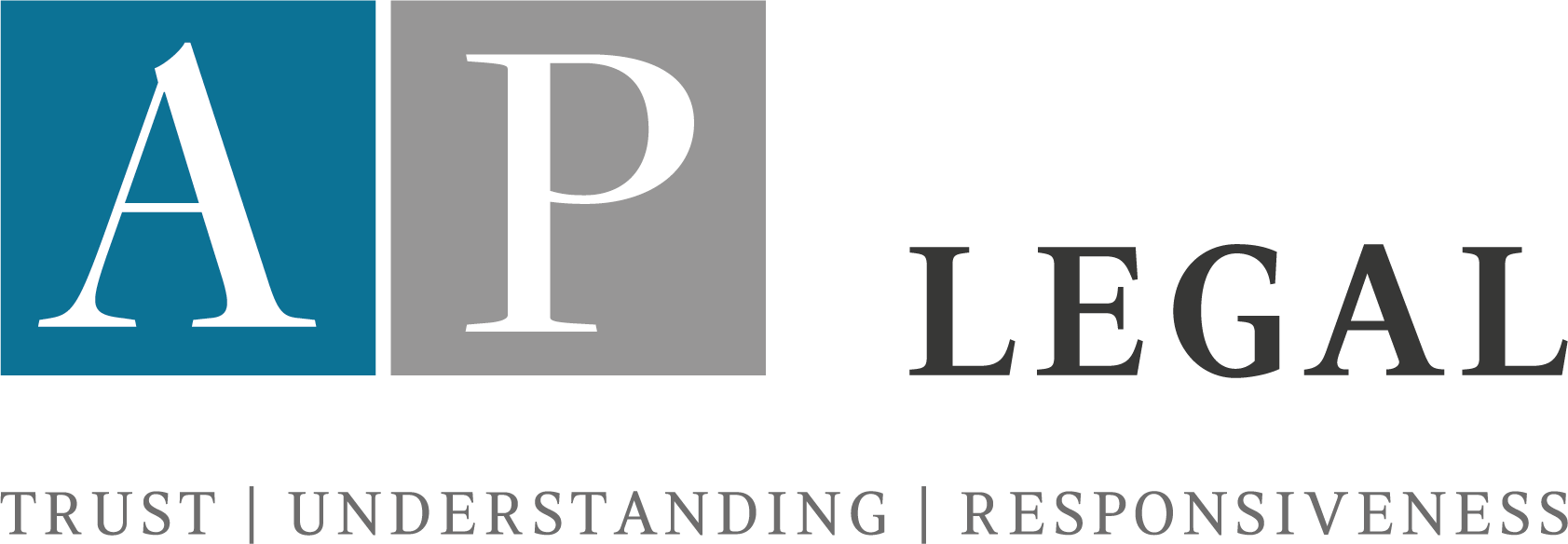The Digital Services Act (DSA), a critical regulation from the European Union, aims to foster a safe and fair digital environment. Greece has enacted this through Law No. 5099/2024. Here’s a summary of the latest updates:
Key Developments in Greece
- Status of Implementation:
Since 17 February 2024, the DSA (Regulation (EU) 2022/2065) applies to all online intermediaries in the EU. Greek digital service providers must comply with the DSA outlined in Law No. 5099/2024 implementing the DSA. - National Coordination:
The Hellenic Telecommunications and Post Commission (EETT) has been designated the Digital Services Coordinator under Article 4 of Law No. 5099/2024. EETT collaborates with other EU member states, handles illegal content reports, and ensures compliance with the DSA. - Who Needs to Comply?
The DSA applies to all online intermediaries and online platforms offering their services within the single market, whether based in the EU or outside it, including Internet Service Providers, Domain Name Service Providers, VPN providers, Cloud Service Providers, Web Hosting Services, File Storage and Sharing Services, Social Media Networks, Online Marketplaces, App Stores, Crowd Funding Platforms, and Collaborative Economy Platforms. Micro and small businesses have obligations proportional to their size and capacity. If they grow significantly, they benefit from a 12-month transition period to adjust to new commitments.
What Does Compliance Involve?
- Auditing and Reporting:
Major online platforms in Greece must conduct internal audits to ensure compliance with the DSA’s transparency reporting and content moderation policies. - Legal Representatives:
Digital service providers outside the EU must appoint a legal representative within the EU. Many Greek organisations must set up or appoint these representatives. - Enhanced Transparency:
Platforms must provide transparent information about their terms of service, content moderation policies, and advertising practices under the DSA and Greek law. - Reporting Illegal Content:
Article 12 of Law No. 5099/2024 introduces new mechanisms for users to report illegal content, increasing platform accountability and speeding up response times.
Enforcement Measures
- Reviews and Spot Checks:
EETT conducts reviews and spot checks to ensure platforms comply with the DSA. Initial findings indicate that smaller businesses may need additional support while larger platforms are on track. - Penalties for Non-compliance:
Businesses not complying with the DSA may face significant penalties, including fines and operational restrictions, as specified in Article 16 of Law No. 5099/2024. EETT can also issue warnings to non-compliant entities.
Impact on Greek Businesses
- Compliance Costs:
Businesses will incur increased costs for content moderation, transparency reporting, and cooperation with authorities. - Innovation Opportunities:
Creating a safer and more transparent online environment can lead to innovation opportunities and better user engagement. - Market Competitiveness:
Adhering to high standards enhances competitiveness in the EU digital market by building user trust and attracting more customers. - Regulatory Clarity:
Clear regulations reduce legal uncertainties and help businesses navigate the digital landscape more effectively.
Support and Resources
- Guidance Documents:
EETT has published detailed guidance on its website to help businesses understand and comply with the DSA. These documents cover best practices for user protection, data transparency, and content moderation. - Workshops and Training:
EETT is organizing workshops and training sessions to help businesses, especially SMEs, understand their obligations under the DSA. These sessions will address specific compliance-related questions and provide practical advice.
Next Steps for Businesses
- Policy Review:
Ensure your content moderation practices, privacy policies, and terms of service comply with the DSA. - Improve Transparency:
Provide users with clear, accessible data collection, use, and protection information. - Set Up Compliance Mechanisms:
Develop internal processes to handle user complaints and illegal content promptly. Regularly review and update these processes. - Engage with EETT:
Participate in EETT’s workshops and training sessions to stay informed about the latest guidelines and ensure compliance.
By staying informed and proactive, Greek businesses can navigate the complexities of the DSA, enhance their competitiveness, and create a safer online environment for users.
For more detailed information on the DSA and its implications for your business, please get in touch with our TMT legal team or visit the EETT’s official website.
This flash information update prepared by AP Legal TMT team, aims to inform you about the critical developments regarding the Digital Services Act in Greece. Stay tuned for further updates and ensure your business is prepared to comply with these essential regulations.



